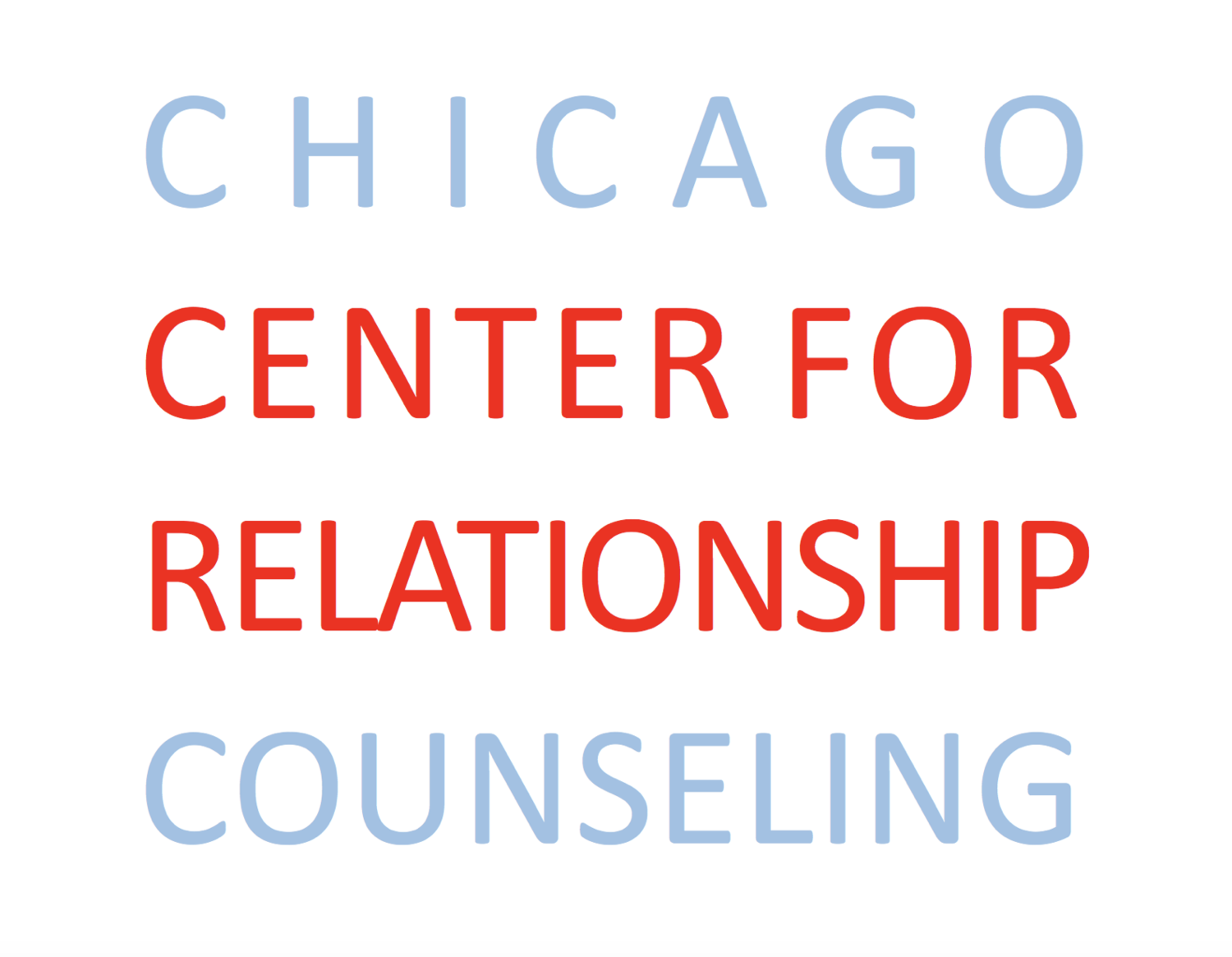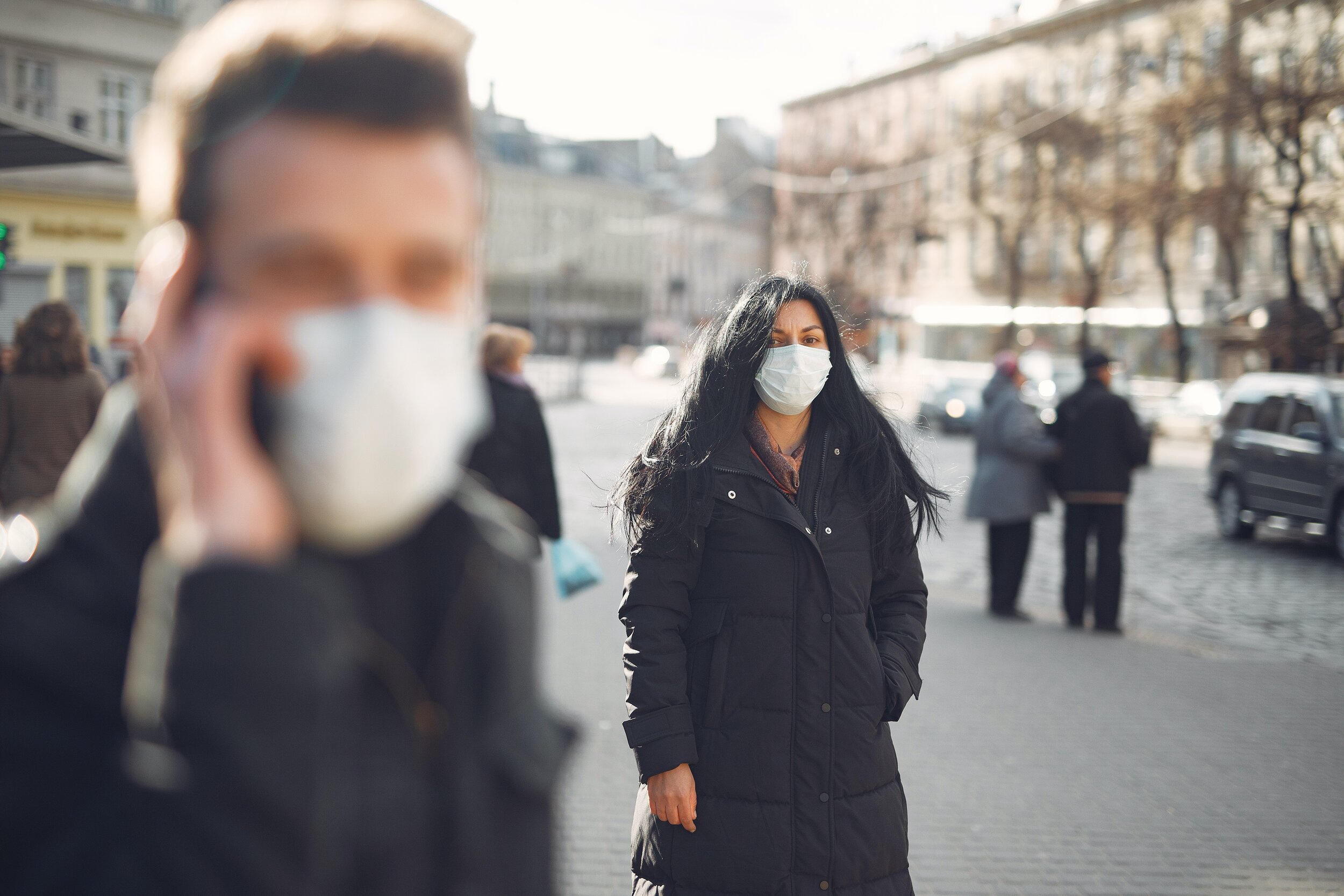The Surge: A Therapist's Advice On Emotionally Healthy Responses to The Rise in COVID-19 Cases
The US hit an unnerving record high of new COVID-19 cases on July 2nd (Bellware et al., 2020). There’s a lot of uncertainty about what this means for the rest of the year and beyond. Amidst these surging numbers in several states, it makes sense that levels of worry may also rise. Add fear and uncertainty, and you’ve got a perfect recipe for anxiety and helplessness.
From “Learned Helplessness” to “Learned Optimism”
If you ever took a Psych. 101 class, you may have read about the theory of “Learned Helplessness” by Drs. Martin Seligman and Steven Maier. This theory taught us that after repeated aversive and inescapable events, mammals learn a sense of helplessness (Dingfelder, 2009). However, many years later these researchers are looking at this theory differently. Dr. Maier has found that our neurological “default” actually seems to be helplessness; we learn that we can do something, and develop a sense of greater control (Dingfelder, 2009). Dr. Seligman speaks of “learned optimism” now (Ackerman, 2020). Given this, of course we feel helpless during a peak of infection rates! We have to develop our sense of agency to get out of the helpless state. What CAN we, in fact, do right now? We can adhere to social distancing guidelines, we can be diligent about handwashing, we can wear our masks in public, we can self-quarantine if we’ve been traveling, and we can get tested if we know/suspect we came into contact with someone who has developed COVID. We can cut down on social media if that contributes to anxiety. Perhaps it would help to get your COVID-19 news from unbiased, scientific sources that don’t come with sensationalist headlines. We can invest in research so that scientists can understand the virus better. I downloaded an app that gathers data for researchers at Massachusetts General Hospital, Stanford School of Medicine and King’s College London, so that they can study the virus more.
Radical Acceptance
While there are some things I can do, I also have to recognize that there are some things I can’t do to save myself, my family, and the world from this Pandemic. That’s a hard realization, right? I may not like feeling it, so I push it away. However, this rarely works. Practicing “radical acceptance” of the present moment is a skill that is taught in Dialectical Behavioral Therapy (DBT) to reduce suffering. The idea is that suffering occurs when we feel pain and we fight the current reality of it (Linehan, 2015). There can be peace when we accept that “this is how it is in this moment.” It doesn’t mean we agree with the situation or have “given up.” In fact, in order to change reality, we have to first accept it (Linehan, 2015). If I know that I am doing what I can by adhering to social distancing, wearing a mask, etc., there may be nothing more I can do right now. I have to accept that fact, even if there is some unease in it. Accepting uncertainty is hard because of the unpleasant emotions tied to it, but these emotions aren’t necessarily “bad.” By continuing to obsessively read about the virus, ruminate, or push away the discomfort, it only grows stronger. I find some calm when I drop into the here and now and remind myself that “this is how it is and it’s hard.” Acceptance and Commitment Therapy (ACT) talks about “dropping the rope” to end the struggle with reality (Coleman, 2015). You can use this metaphor when you’re working to accept something!
Self-Compassion
Self-soothing can be very important during an uncertain and tough time. One way to work on self-soothing is to practice mindful self-compassion. These are the three elements of self-compassion: kindness toward oneself instead of self-judgment, recognizing our common humanity instead of mentally isolating ourselves, and being balanced and mindful rather than being fused with our thoughts (Neff, 2017). Dr. Kristin Neff’s Self Compassion practices can aid in developing acceptance while also growing our capacities for self-soothing. It can feel strange at first if you normally relate to yourself in a more critical way, so just give yourself some time to get used to the practice.
I know reality is hard right now. What’s difficult for me during this this time may be different than what is hard for you. Regardless, I want to offer compassion to whomever is reading this, and I hope that the above can help, even if in small ways.
References
Ackerman, C. (2020). Learned helplessness Seligman’s theory of depression (+cure). PositivePsychology.com. https://positivepsychology.com/learned-helplessness-seligman-theory-depression-cure/
Belware, K., Grady, S., Shaban, H., Knowles, H., Dupree, J., Sonmez, F., Itkowitz, C., Goff, S., & Brice-Saddler, M. (2020, July). U.S. sets record for new coronavirus cases, surpassing 55,000. The Washington Post. https://www.washingtonpost.com/nation/2020/07/02/coronavirus-live-updates-us/
Coleman, S. (2015). Acceptance and commitment therapy tug-of-war metaphor script. Third Wave Psychotherapy. https://www.thirdwavepsychotherapy.net/therapy/ewExternalFiles/tug-of-war%20script%2015-1-2.pdf
Dingfelder, S. (2009, October). Old problems, new tools. Monitor on psychology, American Psychological Association. https://www.apa.org/monitor/2009/10/helplessness
Linehan, M. (2015). DBT skills training manual. The Guildford Press.
Neff, K. & Knox, M. (2017). Self-Compassion. In V. Zeigler-Hill, T.K. Shackelford (eds.), Encyclopedia of personality and individual differences. Springer International Publishing.
Cover Photo by Gustavo Fring from Pexels



